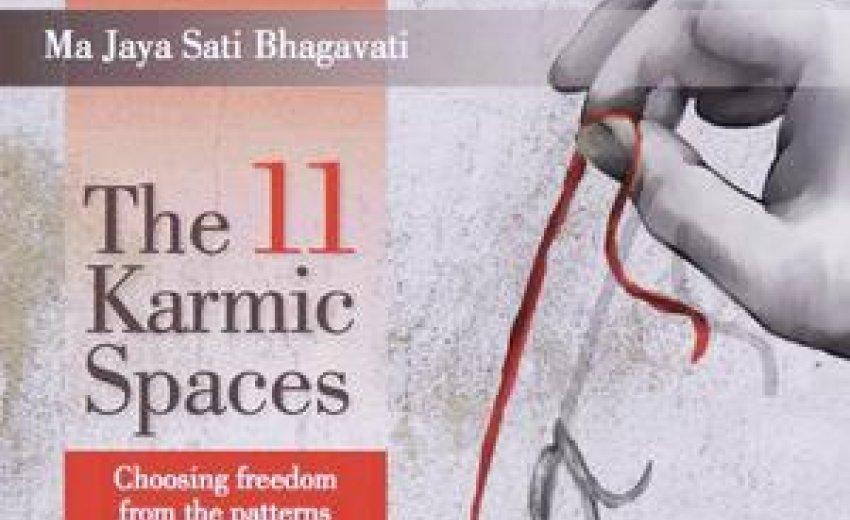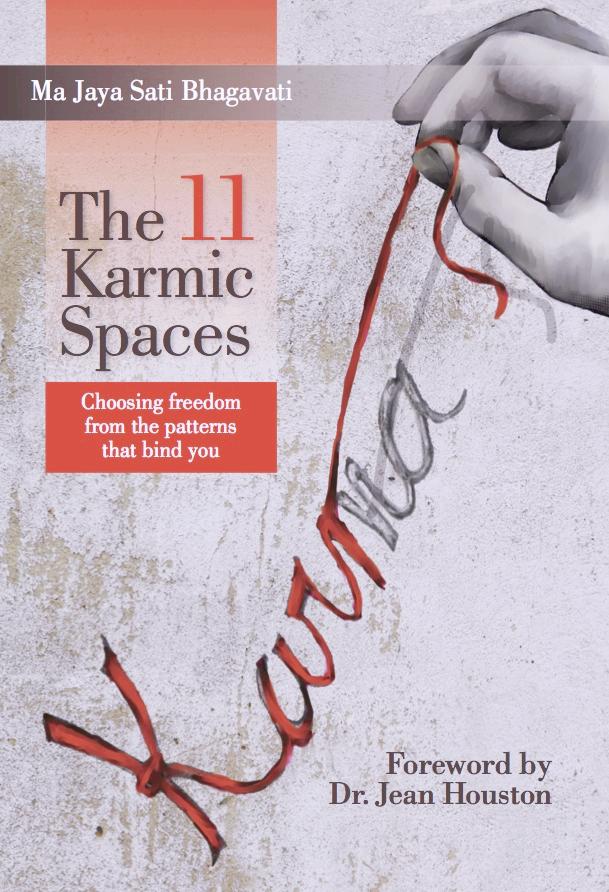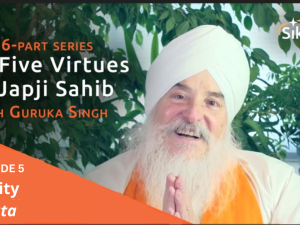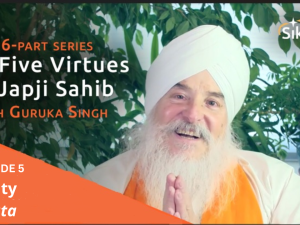At an early age most of us ask ourselves this question: “Why are we born? What is the purpose of birth on this planet Earth?”
When we are almost middle aged, when the heat of the young blood is gone, and a little cold seeps in, we start asking: “What is my purpose?”
The fact is that whatever you have achieved, it is because of the karma. It is because of the karma of previous lives. Opportunities, wealth, health, happiness, relatives, friends — they are all part of the karma. This life is to settle the account, to pay for the karma, and to progress on the path or dharma — whichever dharma you may have. People have a lot of ideas about karma. For example, that there is "good karma" and "bad karma;" That you can create "good karma," and eliminate bad karma, etc. But this shows a fundamental misunderstanding of the what karma actually is. Karma is simply the law of action and reaction. It's a very neutral thing.
People have a lot of ideas about karma. For example, that there is "good karma" and "bad karma;" That you can create "good karma," and eliminate bad karma, etc. But this shows a fundamental misunderstanding of the what karma actually is. Karma is simply the law of action and reaction. It's a very neutral thing.
Through our actions over many lifetimes, we create patterns of thought, feeling and behavior. In "The 11 Karmic Spaces" Ma Jaya Sati Bhagvati explains with great simplicity and directness, not only how these patterns are created, but also how to become free of them. The essential thought of this marvelous little book is that beyond good or bad karma, there exists a life free from karma; a life of dharma.
In what Ma calls "the gap" - the moment of the eternal now - one is free to act directly in that moment without being burdened by the compulsions of the past.
In addressing fundamental questions such as "am I focused on what I want rather than what I need?" and "how can I sustain the ability to be kind to others under all circumstances?" she forces each of us to look in the mirror and see ourselves as we truly are.
The title of the book refers to the eleven "spaces" in which we commonly get 'caught' in the repeating patterns of our own karmas: jealousy, anger, pride, indifference, ego of self-thought and self-indulgence, lack of awareness, intent, worldly desires, abuse of power, desire to be right and attachment. The first step in getting free from the tiresome patterns of karmas is to honestly recognize these eleven spaces within our self and understand which of them are catching us in their net of repetition, sapping our life force and suffocating our own soul. It's just as Bob Dylan pointed out in his song, "It's Alright, Ma (I'm Only Bleeding)" that "He not busy being born is busy dying."
Next, Ma shows us how to tap into the five "graces" - awareness, intuition, faith, discipline and compassion and use them as the keys to unlock the prison doors that hold us within whichever karmic spaces we are trapped in.
Mas shows us how, through meditation and breath awareness, we can step outside the trap of time and the patterns of the past and free ourselves to act spontaneously, compassionately and consciously in each moment.
As Ma says, "The karmic spaces represent life and death. You can choose to live in your heart, or you can let yourself die a little bit at a time stuck inside the karmic spaces."
Using stories, visualizations, breathing exercises and meditation, Ma shows the reader how, through mastering the art of being present in the moment, paying attention and acting spontaneously from the heart, we can follow our own grace and change our own destiny.
This book is a wonderful read. Filled with humor and insight and, above all, deep compassion. It's not just a book of philosophy, but a practical and useful manual for living a worthy and conscious life. Once you read it, you will never forget it. It's one of those books that shifts your thinking forever.
"11 Karmic Spaces" is available from Amazon.com, Barnes & Noble, as well as other booksellers.







